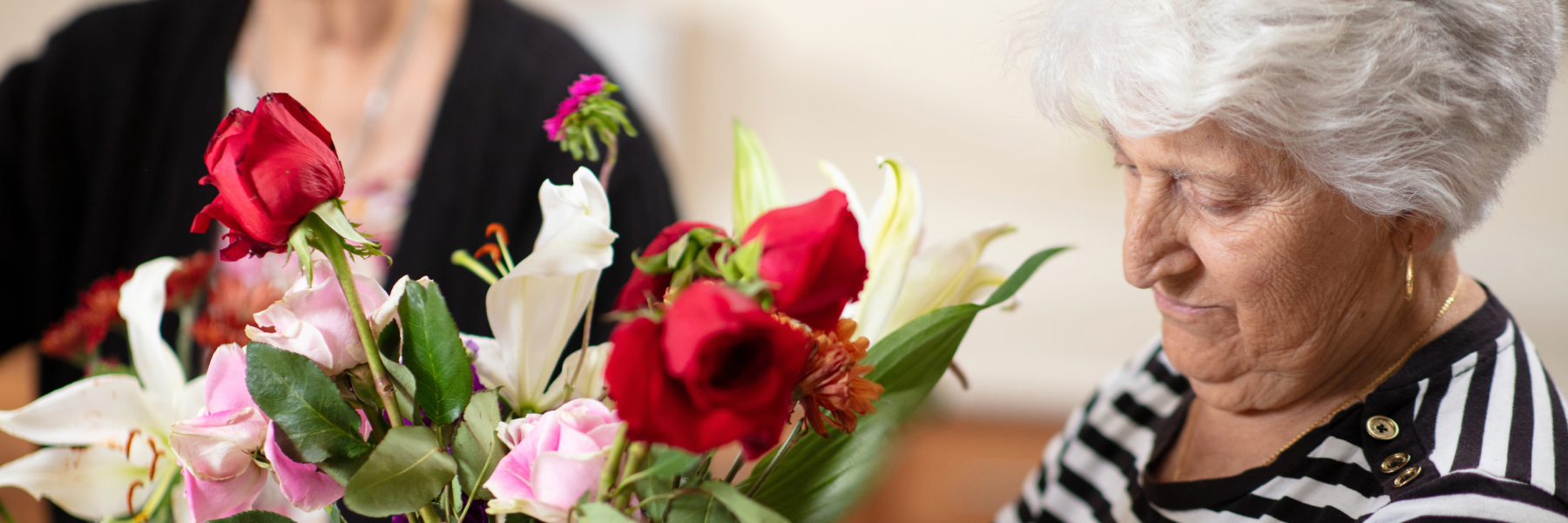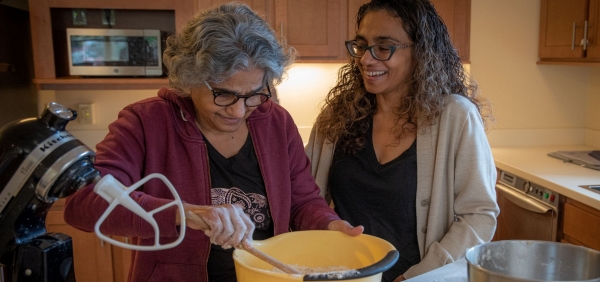What Are the Stages of Caregiving?

As every caregiver knows, tending to a loved one in need can be both profoundly meaningful and deeply challenging. But knowing what to expect during the experience can help you manage your responsibilities, emotions and anxieties. Denise M. Brown, founder of The Caregiving Years Training Academy, and author of “The Caregiving Years: Your Guide to Navigating the Six Caregiving Stages,” has developed a framework for understanding the caregiving experience. Having worked with caregivers since the 1990s, Brown has identified six stages of caregiving, offering them as guideposts to help caregivers find their way.
Understanding the Six Stages of Caregiving
The different stages offer a map of the caregiving journey, helping you get your bearings as you manage challenges, cope with emotions, and share meaningful experiences with your loved one. Brown identifies common difficulties and suggests strategies that will help you feel prepared to navigate each caregiving stage. Here’s a brief overview of Brown’s Six Stages of Caregiving:
Stage 1: The Expectant Caregiver
Concerned that a loved one’s health will soon require more support, your work in this stage is to prepare for taking on the caregiver role. This is a time to ask your family members about their preferences regarding care, to consult an attorney about estate planning and advance directives, and to explore the healthcare and long-term care options available in your community.
Stage 2: The Freshman Caregiver
Your role as caregiver has begun, offering a preview of what’s to come. Educate yourself about your loved one’s condition, the help they’ll need and how to deliver it. Begin to create a support network, enlisting friends and family members and joining support groups. Even if you don’t feel you need help at this stage, it’s good to have support in place for when the need does arise.
Stage 3: The Entrenched Caregiver
At this stage, caregiving has become more demanding of your time and energy. Notice your limitations —the tasks you dread or the times of day that are most difficult—and find the help you need. Forgive yourself and your loved one for having bad days, and set boundaries that honor your own need for rest, recreation, and self-care.
Stage 4: The Pragmatic Caregiver
By this stage, your experiences as a caregiver have given you a practical, realistic approach to your role. You know what you’re doing now, but you also give yourself space to be imperfect. You recognize the importance of finding joy in the moment and sharing a laugh with your loved one. This is also a time to let your thoughts turn toward the future—what are your dreams and goals beyond your role as caregiver?
Stage 5: The Transitioning Caregiver
The caregiving years are coming to an end. You’ve been focused on “doing,” fighting for your loved one’s well-being, but now is the time to simply be with your loved one and to acknowledge your grief.
Stage 6: The Godspeed Caregiver
Your role as a caregiver ended several years ago, and it’s time to integrate the lessons you’ve learned. Find ways to honor the memory of your loved one even as you begin a new chapter in your own life. Consider sharing your wisdom with others who are currently acting as caregivers.
Artis Senior Living: Your Partner in Caregiving
If you’re caring for a loved one with dementia, you know how important it is to find support during the caregiving journey. Artis Senior Living is a trusted resource for caregivers and their loved ones with dementia. Through informative events, we help caregivers get the support they need. If you decide your loved one would benefit from 24-hour care and supervision, our unique approach to dementia care provides holistic, personalized care, engaging programming, and an adaptive environment shaped by your loved one’s needs and preferences. Contact us to learn more about Memory Care and caregiver support at any of the Artis Senior Living communities located around the country.



